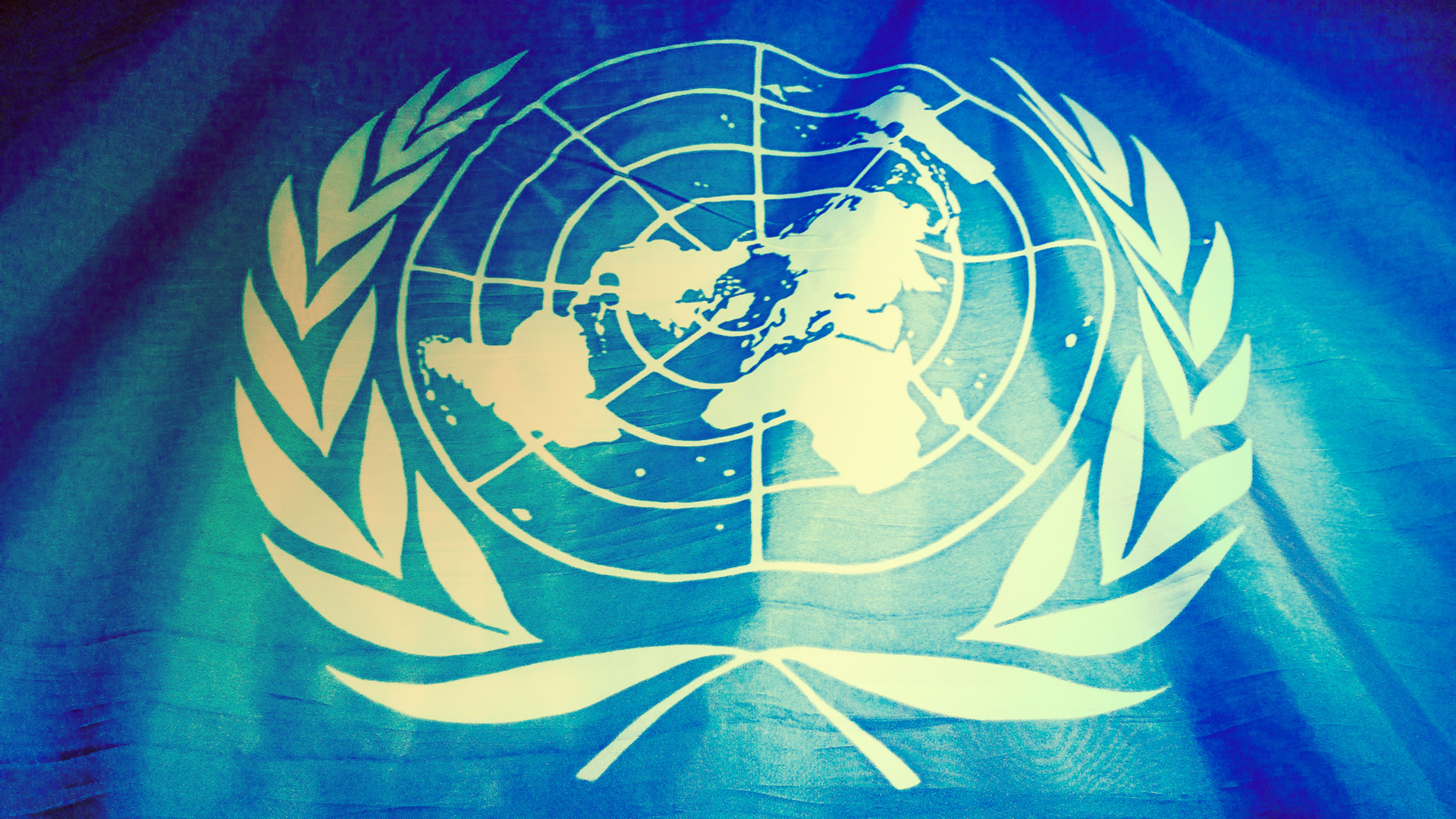No one ever wants to become a refugee. Or as the Somali poet Warsam Shire put it, “No one leaves home unless home is the mouth of a shark.” That’s the sentiment that Melissa Fleming, chief spokesperson for the United Nations High Commissioner for Refugees (UNHCR), hopes you keep in mind on World Humanitarian Day and any time you read headlines about refugees or asylum seekers fighting for peace and safety in this world.
While the statistics about refugees can sound daunting (currently there are around 25.9 million refugees in the world, over half of whom are under the age of 18), Fleming urges people to look beyond the numbers. “There is a saying: ‘Statistics are human beings with the tears dried off,'” Fleming said in an email to Fast Company. Instead, Fleming focuses on individuals and their stories. Her podcast Awake At Night explores what it takes to be a humanitarian worker when facing some of the world’s most difficult and dangerous situations.
If you’re looking for a place to start with an Awake At Night binge, Fleming suggests starting with the very first episode. “It was with my colleague Vincent Cochetel who was held hostage for 317 days in a dark cellar when he was working in the North Caucasus with UNHCR,” Fleming says. “Despite the nightmare that he experienced, Vincent emerged even more determined to continue his work fighting for the rights of refugees.”
Another harrowing yet hopeful conversation is with Alessandra Morelli, who was the target of a terrorist attack. “In February 2014, she was traveling in a UNHCR armoured vehicle in Moghadisu, when ‘there was an incredible bang and the car rocked right and left like a ball of fire in the air,'” Fleming says. “Alessandra survived and suffered from PTSD, which she addressed before going back to Somalia and facing another terrorist attack on the UN compound. Unfazed, she continues to serve UNHCR in some of the most difficult situations in the world.”
The stories are riveting and meaningful and really highlight the humanitarians working around the world to help those in need. (Subscribe here.) In advance of the third season of her podcast and to mark World Humanitarian Day, which is today, Fleming is releasing a conversation with an incredible Yazidi survivor and refugee, Adiba Qasim, who is now a Young Leader at the Geneva Centre for Security Policy (GCSP) and a student at the University of Geneva.
For her part, Qasim hopes that people who hear her story understand what happened to her community. “I’d like to make them realize that there are very important reasons for which I became a refugee. It was never a choice to arrive where I am,” she said in an email to Fast Company.
If you want to help mark World Humanitarian Day by helping refugees, Fleming has a few ideas. “At a minimum, we should be helping refugees to survive—but more than that, we must help them thrive,” she writes.
That includes doing things like hosting refugees or asylums seekers, sharing your skills and knowledge (for instance, through volunteering to teach them a language, music, or a hobby), helping refugees to integrate, encouraging universities to give them scholarships, employing refugees, holding fundraising events, or simply donating to a worthy cause. Donate to UNICEF here and UNHCR here.
Recognize your brand’s excellence by applying to this year’s Brands That Matter Awards before the early-rate deadline, May 3.
